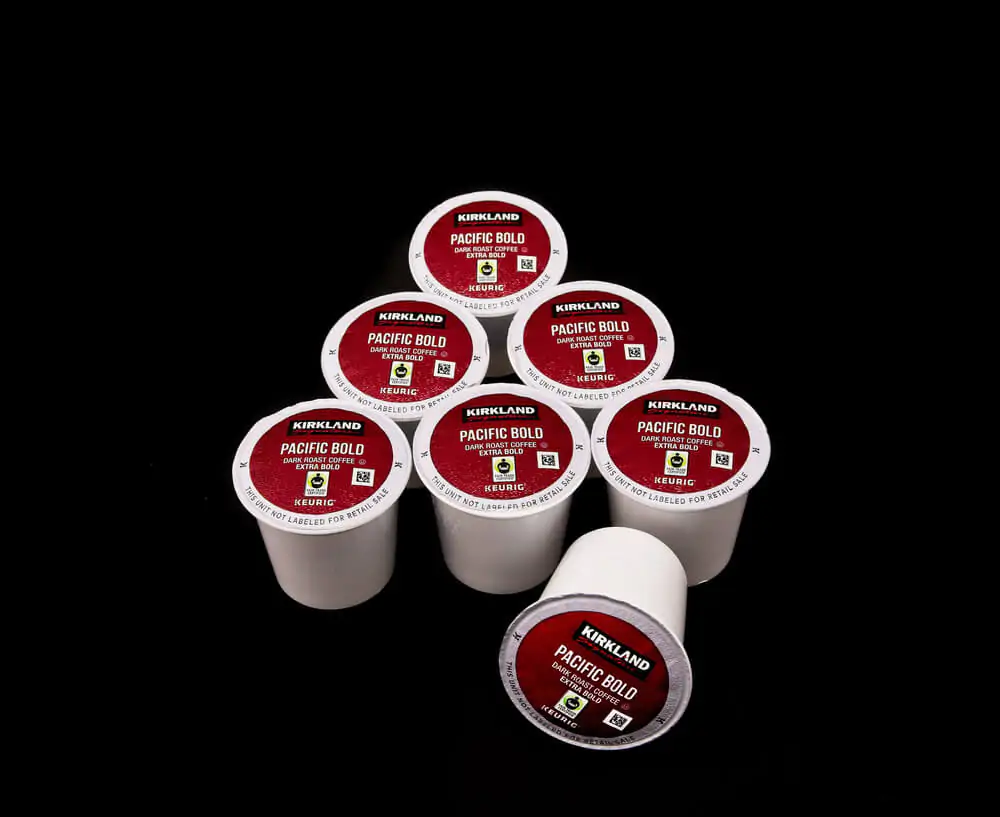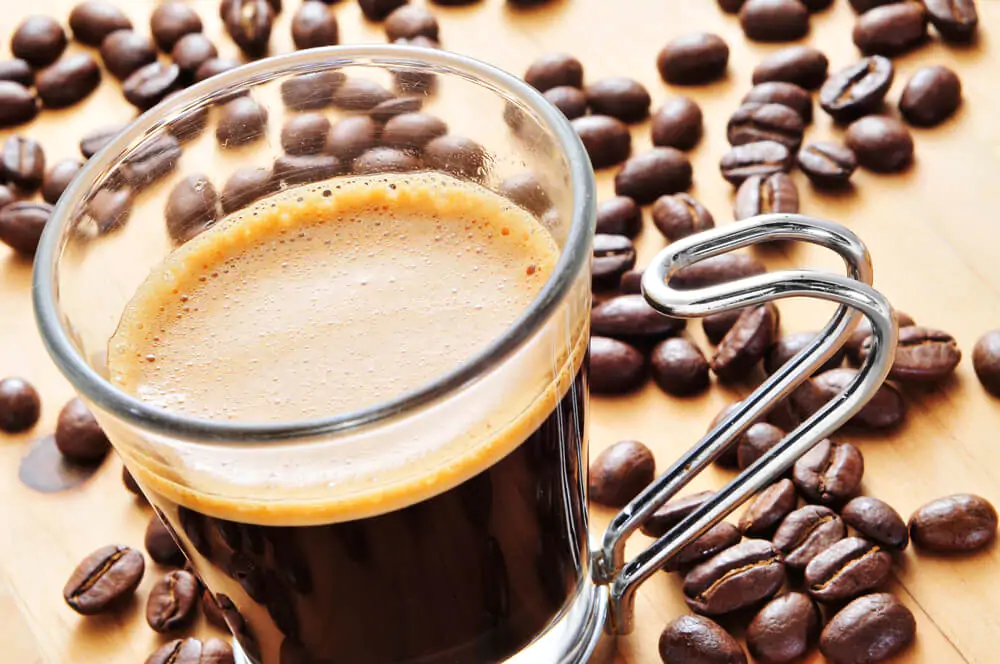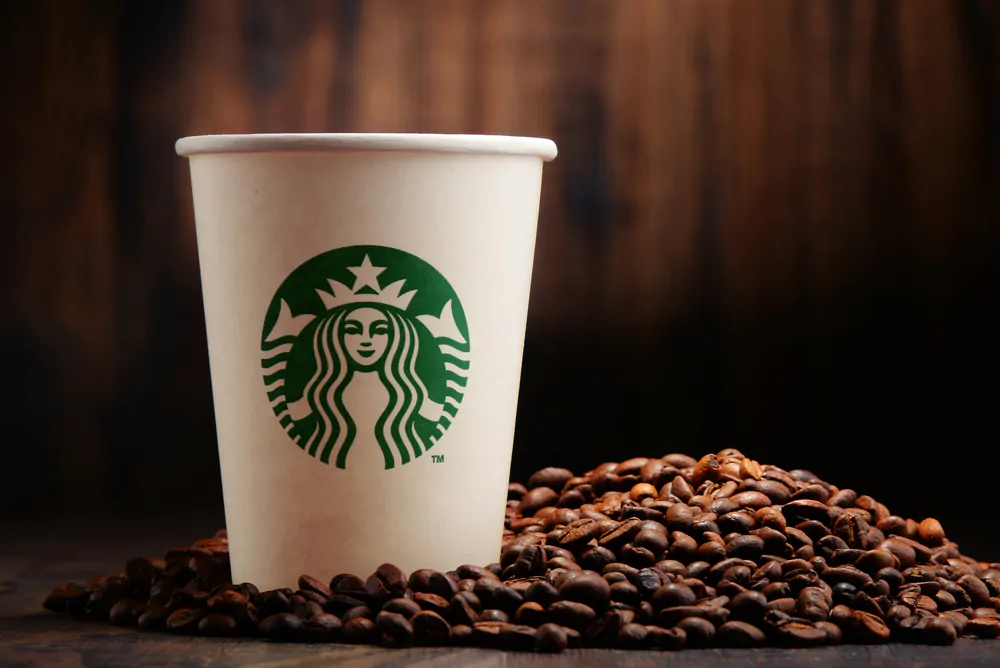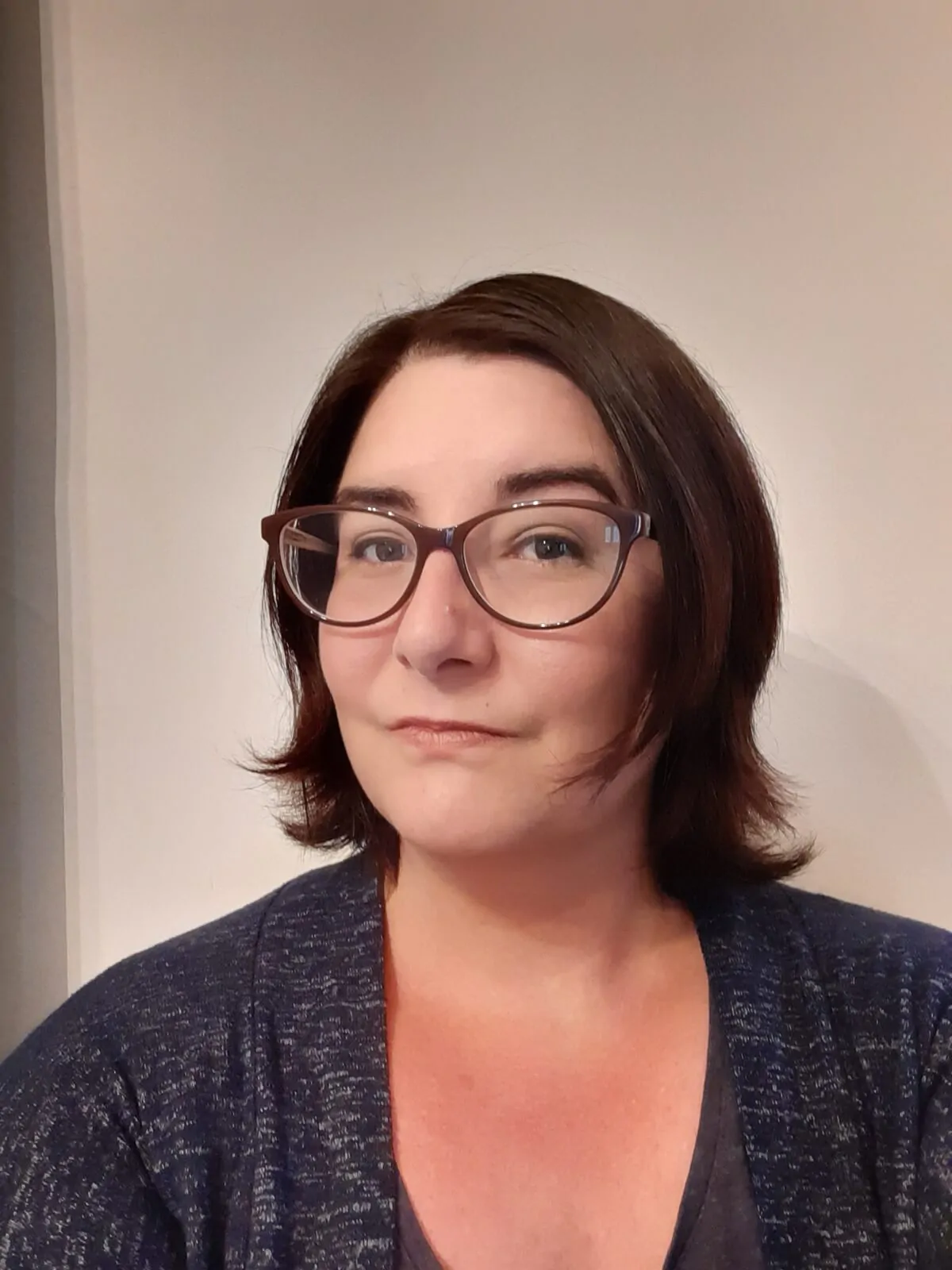Interested in knowing if the rumors are true: is Kirkland Coffee made by Starbucks? This article delves into the surprising answers to that question.

When it comes to store brands, it’s becoming more and more of an open secret that many off-label products originate from name-brand facilities. Recently, bulk-buying wholesalers like Costco and Sam’s Club, in particular, have been the subject of several articles showcasing the surprisingly fancy origins of their store-brand products.
One such question about the origin of Costco’s Kirkland Coffee is a little surprising: is it really true that Kirkland Coffee is roasted and distributed by Starbucks? In many cases, it is! Read on to learn more. You may also want to check out the best Starbucks drinks.
So, Is Kirkland Coffee Made By Starbucks?

While Costco’s store brand bears the logo and name of Kirkland Coffee, a short examination of the packaging–especially for their House Blend, Decaf House Blend, and Espresso Blend Dark Roast–features a note that the beans are custom roasted by Starbucks. Now, not all of the Kirkland Coffee packages include this label, so it’s definitely possible that other coffee companies also contribute. Still, in these cases, it’s easy to prove the origin.
Why Sell Starbucks Beans Under A Different Label?

One of the ways that bulk-buying operations and wholesale companies can offer savings to their customers is through agreements with name brands and major factories that produce consumer goods. A lot of the store-brand foods you can see at a given supermarket are precisely the same in every way as the name-brand items right next to them; they’re just not sold under the name.
This helps keep factories and other facilities going. It actually drains more money to shut down and restart a factory line than it does just to keep it moving while changing out packaging and labels.
In the case of Costco’s Kirkland Coffee, strategic partnerships help the brand keep costs low and accessible to wholesale shoppers while still offering a high-quality product.
While Starbucks provides the beans and roasting for Kirkland Coffee’s House Blend and Espresso Blend bags, the sources for their more exotic single-origin beans and a few of their other blends are not as transparent. The answer to this takes a little digging to discover.
From Starbucks’ side, the value is just as strong. To maintain privileged access to the highest quality beans, Starbucks has to keep buying–and buying in large volumes. But Starbucks also has strong reasons to keep the beans they sell in their stores in a limited quantity.
In addition to factors such as the short shelf-life of coffee beans (even in the best of packaging, they will eventually go stale), having a lower quantity of beans makes a premium price easier to maintain. However, if you are wondering about vacuum packaging, check out our article Can you vacuum seal coffee beans?
And so, to protect the value of their logo and brand, Starbucks has a partnership with Costco through its Kirkland Coffee label. The beans don’t go to waste. The quality and the work behind getting them from tree to roaster and then into the package isn’t for nothing.
The little note informing buyers that the beans came from Starbucks provides an opportunity to pull in potential new customers who might not have otherwise considered buying from the coffee giant.
It’s a deal for everyone involved: Costco gets a quality product to put their logo on, Starbucks has a way to avoid the possibility of wasting beans, and Costco customers save money on premium coffee. To make sure of what you’re getting, just look for the logo on the bag!
